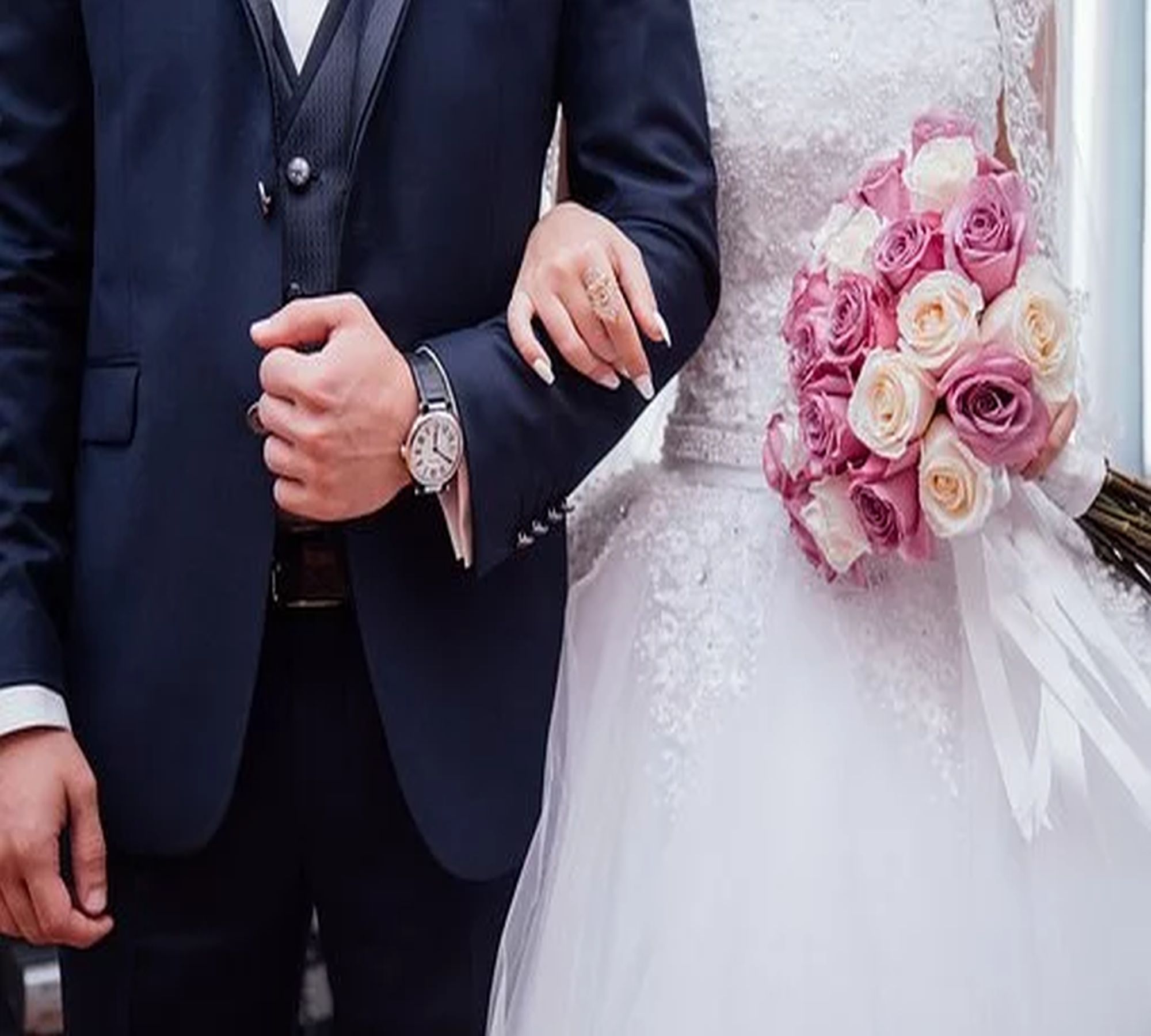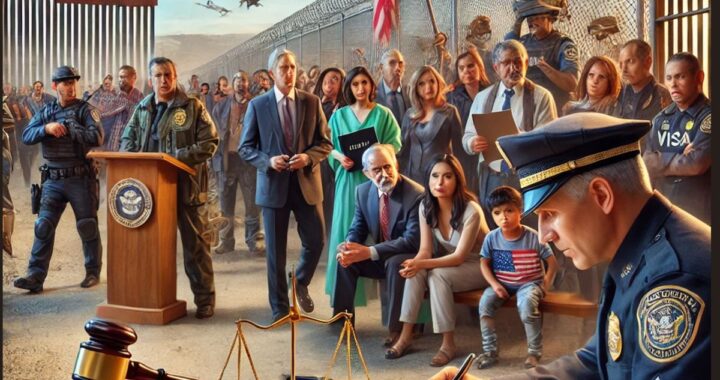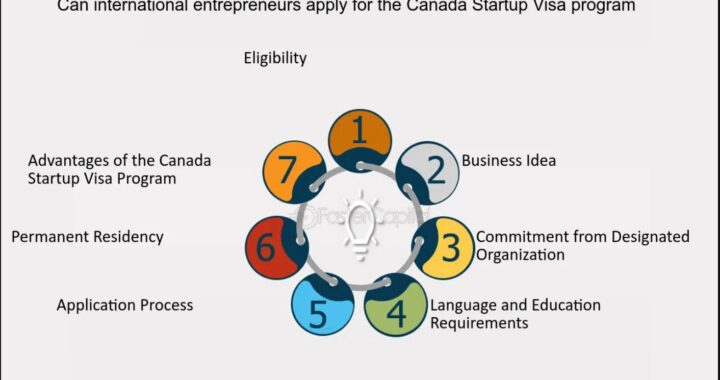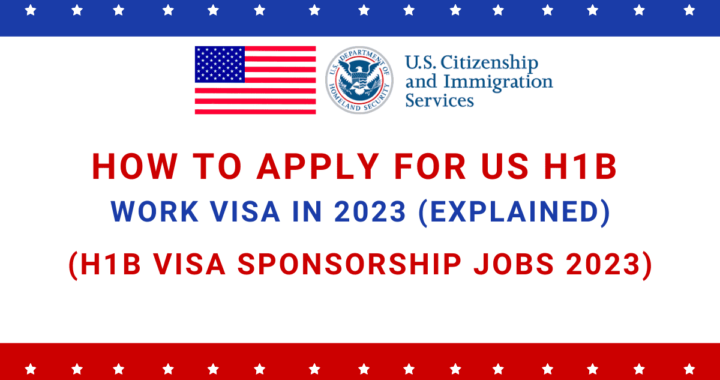Getting Married in Canada on a Visitor Visa

Canadian Law Permits Marriage on Visitor Visa
Yes, getting married as a visitor on a visitor visa is permitted in Canada provided both the parties meet both the federal as well as the provincial requirements of marriage and solemnization.
You must meet the basic requirements for marriage as per Canadian law. What are these requirements? Well, let’s go through them briefly.
What is a Visitor Visa (Temporary Resident Visa)?
Visitors are non-Canadian citizens or permanent residents who are permitted to enter Canada with a restricted stay. They either require a visitor’s visa or an Electronic Travel Authorization(eTA) for their entry.
If you are not Canada’s permanent resident or citizen, then you should apply for a visitor’s visa or temporary resident visa, to get married in any Canadian province, except the people of those countries which come under the category of visa-exempt nations.
Marriage on a Visitor Visa

Canadian law specifies the requirement of being in an established common-law relationship before any submission of immigration or sponsorship applications. No provision for an intended common-law partner or fiance’ exists.
Minimum Marriageable Age
Since 2015, the Canadian federal law declared 16 yrs as the minimum age requirement for getting married in Canada. However, 18 or 19 is the minimum age of marriage in different Canadian provinces or territories. Therefore, minors under this age need parental or court consent to get married.
Physical Presence
You must be physically present at the time of marriage as you can’t get married using mobiles, webcams or other proxy means under Canadian law. Besides, both applicants must give their consent to be each other’s spouse.
However, a word of caution, polygamy as well as “Convenience Marriage” or marrying a Canadian permanent resident or citizen just to obtain an entry ticket to Canada is a criminal offence.
Same-sex Marriage
Marriage is a long-lasting relationship, usually between two souls of different gender, regulated by laws, customs, and beliefs. However, marriage between same-sex has also become legal in Canada since 2005.
Unmarried or Divorced
You should be either single or divorced to become eligible to marry your partner. If you are divorced, you need to show your divorce decree while applying for a marriage license.
Fake Marriage
Canadian officials may refuse you the visa and take legal actions such as deporting you or banning your entry to Canada for five years if they find your involvement in a false or fake marriage or convenience marriage.
Canadian Marriage License
You must apply for a Canadian marriage license before you get married in Canada. It is valid only for 90 days. Each province maintains its own rules and regulations governing marriage within its jurisdiction.
Therefore, consider regulations of the Canadian province of your choice and apply accordingly.
Moreover, if you apply for a marriage license, you and your spouse must go to the registration office and fill out the personal information forms. You also have to affirm an affidavit or a declaration that the information you are providing is correct. You must also provide your age proof certificate.
On your wedding day, you must present your marriage license in front of the officiant (a person who solemnizes the marriage).
Provide Correct Information
There are several penalties under the Marriage Act if you violate the rules. If you make a false statement on your sworn application for a marriage license, you may get fined up to $500, and if you do not pay, you might go behind bars for up to 30 days.
The Takeaway
After getting married in Canada, you should apply to the Vital Statistics Office to obtain a marriage certificate of the province or territory where the marriage took place.

 What actions by Trump Government are in store for illegal immigrants in US? What are Challenges to deport illegal immigrants from US?
What actions by Trump Government are in store for illegal immigrants in US? What are Challenges to deport illegal immigrants from US?  What are changes in Canada Start up Visa Program and Self-Employed Persons Program. How would it affect the potential immigrants to Canada?
What are changes in Canada Start up Visa Program and Self-Employed Persons Program. How would it affect the potential immigrants to Canada?  Launch Your Dreams: A Guide to Canada’s Start-Up Visa Program for Global Entrepreneurs
Launch Your Dreams: A Guide to Canada’s Start-Up Visa Program for Global Entrepreneurs  Options for Immigrating to Canada as a Healthcare Worker- Best Canadian Provinces that offer good salaries
Options for Immigrating to Canada as a Healthcare Worker- Best Canadian Provinces that offer good salaries  Immigrating to Quebec province Canada- Professions in demand with salaries- Racial Discrimination
Immigrating to Quebec province Canada- Professions in demand with salaries- Racial Discrimination  H1B Visa- Eligibility Requirements- its Duration- Process to apply and Professions in demand
H1B Visa- Eligibility Requirements- its Duration- Process to apply and Professions in demand  Recent Changes to Canada’s Work Permit Rules and its impact on Immigrants from India
Recent Changes to Canada’s Work Permit Rules and its impact on Immigrants from India  Applications for UK Immigration witness major decline as the Immigration Laws undergo significant changes
Applications for UK Immigration witness major decline as the Immigration Laws undergo significant changes